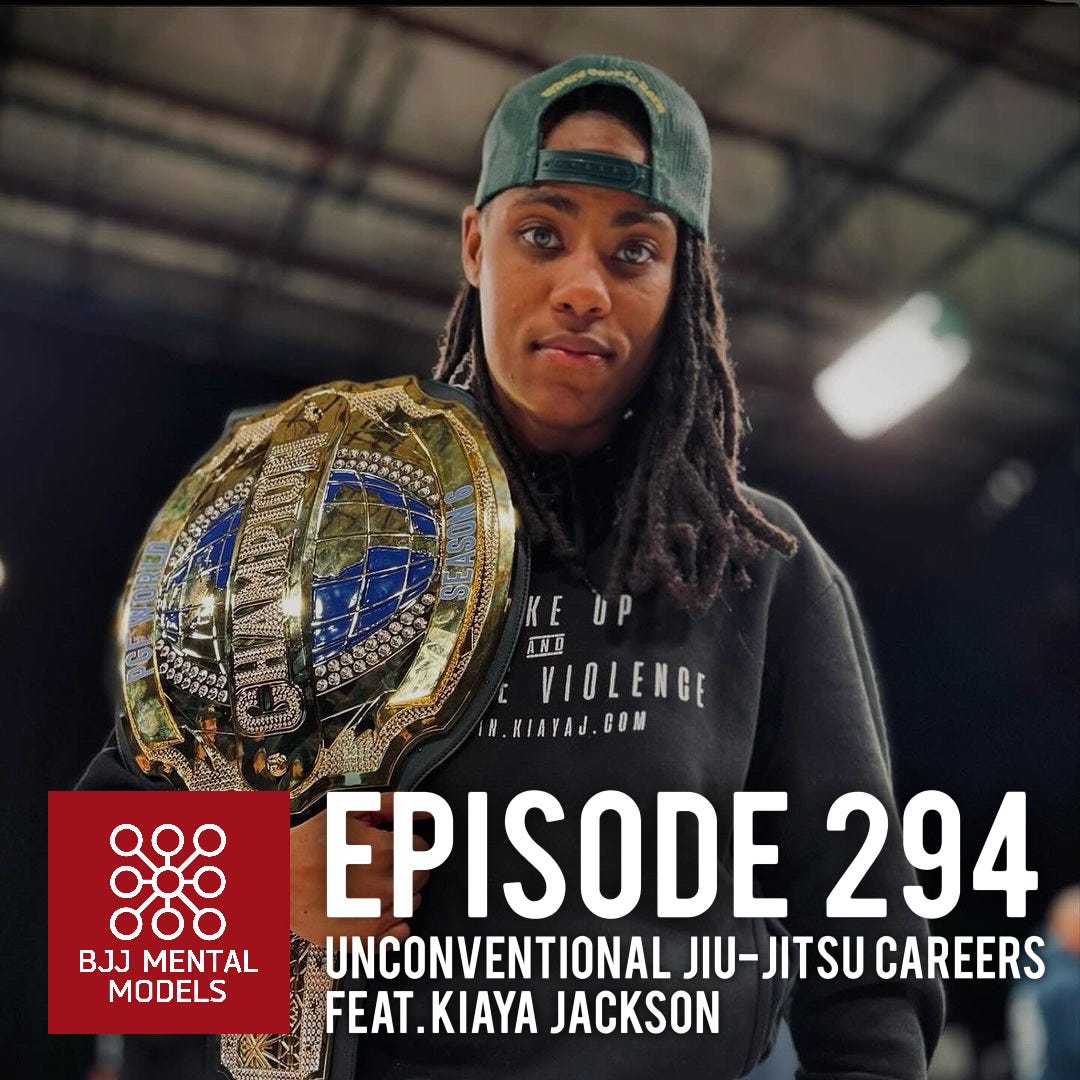Sometimes, I feel anxious about my ability to do well.
I often find myself thinking something like “If I didn’t have this one big thing looming over me, then I’d be really happy”.
If this competition was over, if that stressful life event passed, or if this deadline got off my chest, then, I’d be finally happy. However, since it’s not, I am not allowed to be happy. I must persist through misery to achieve success.
Then I’ll be happy.
When I write that out, it sounds wrong or like a limiting belief, but I find that a lot of people I talk to feel the same way. We think that our focus should stop us from being happy with what we do.
It’s a big lie.
Today, we’re talking about anxiety, performance, and happiness, and how they all tie together to affect longevity.
Let’s dive in.
Anxiety can be a performance enhancer.
At an acute level, having anxiety can help you push to be a better version of yourself.
A lot of the most successful entrepreneurs I have worked with are anxious. A lot of the top Jiu-Jitsu athletes that I know deal with a lot of anxiety. I deal with a good amount of anxiety.
When I was in middle school, I used to freak out about my grades to the point where even my mom was over it. I was annoying by how anxious I was about doing well in school.
When I had this anxiety over my grades, I had the best grades of my whole academic career. All A’s and 1 B — in math.
But there was a downside.
I was miserable. I burnt myself out to the point of hating school. I didn’t care anymore by the time I got to high school. School just felt like a waste of time. College was kind of the same. I didn’t know what I wanted to do with my life, but I realized that there had to be a better way to live than chasing validation via math tests and homework assignments.
Similarly, when I started seeing a bit of success in Jiu-Jitsu, I had a similar issue. I was obsessed with winning every round in training, every match in competition, and being perfect in everything else. I started to have the same experience as I did with school in my favorite sport.
I started to resent Jiu-Jitsu because it was bringing out a side of me that I didn’t like. This obsessive, perfectionistic, miserable side.
It made me realize that I was the problem, not school or Jiu-Jitsu or whatever else I would do.
If I had known this then, I probably would have found a way to pay more attention in math class.
The myth about hard work and performance.
There’s this idea that I used to believe that I think I learned from wrestling in high school.
In wrestling, the culture romanticizes the belief that you’re supposed to suffer a lot to succeed. This value is akin to a lot of the beliefs about success that are true in American culture. We have this idea in America (I don’t know if it’s true elsewhere) that success requires a great deal of pain and suffering.
I think maybe we got this idea from the bible, but we’re not going that deep today.
We love the idea of the gold medalist standing at the top of the podium, covered in blood, probably on crutches, and succeeding because of the torture that they put themselves through. They make movies about that kind of stuff.
But here’s the problem:
Think about someone like Dan Gable.
Gable won world and Olympic titles in wrestling but he retired from competing in the sport at 26. He never competed in a major tournament after age 24, when he won the Olympics. Throughout his coaching career, he had dozens of knee and back surgeries. He only competed in 1 Olympics and 1 World Championships.
He was one of the greatest wrestlers in American history and he retired before he even hit his physical prime because he destroyed his body and was done with the sport. This will always be a part of his legacy, but people often forget it because he won an Olympic gold medal.
Hard work will help you win, but there is more at stake than just winning today.
Anxiety, hard work, and happiness.
I try not to have opinions on the careers of other athletes.
Gable is obviously more accomplished than me, but I really think he and I are quite different. I’m not as tough as him.
For me, I want to be able to keep training hard and competing until I don’t want to anymore. I don’t want my body or burnout to determine how long I can keep doing the thing I love. I don’t want to be forced into retirement by some injury or unforeseen limitation.
Here’s the problem that I have had and that a lot of people have with anxiety, longevity, and success:
Anxiety makes you push yourself beyond your limits. This leads to a short-term gain in performance, which becomes addicting because we celebrate rapid acceleration in our culture. Eventually, you burn out or break down, and you’re forced to either reevaluate your approach or if you’re too late quit the thing you are doing.
If you’re like me and want to do the best you can for as long as you can, I just hope that you are able to find the right approach and systems before it’s too late.
See, there is an interplay between hard work and smart work.
You must work hard to appreciate smart work. You must work smart to appreciate hard work.
But most importantly, you must find a way to be happy so that your identity and sense of self are not tied to your output.
In the words of one of the greatest fighters of all time, Mike Tyson:
“A happy fighter is a dangerous fighter.”
This applies to endeavors outside of fighting too.
Stop torturing yourself for extra inches when the journey is neverending.
Closing Thoughts
Hard work is a requirement for success in any area of your life.
Want a good relationship? You need to work hard at it.
Want a successful business? Get ready to grind.
Want your black belt? Those thousands of hours on the mat won’t be easy.
However, as you learn to work hard, you also need to learn the other aspects of progress that are often ignored. You need to learn how to avoid burnout. How to work smart. How to cultivate happiness so that you can perform better.
There are multiple studies that indicate that happiness increases productivity. You need to love your life and what you’re doing if you want to do it truly well.
Don’t buy into this narrative that we got from starving artists and burnt-out CEOs that suffering is what causes success. It’s bullshit. You do have to suffer acutely, but if you’re anything like me, it’s not what you think it is.
The balance is where the progress is.
The fastest way to stay near the top for a long time is a straight line through the balance between grind and play.
The Grappler’s Diary is sponsored by BJJ Mental Models, the world’s #1 Jiu-Jitsu podcast!
This week’s episode features Kiaya Jackson!
Kiaya is the founder of SoPro Collective and a Jiu-Jitsu competitor representing Brandon McCaghren from 10th Planet Decatur.
In this episode, Kiaya explains her unconventional journey into a Jiu-Jitsu career and shares her playbook for making a living in the sport beyond the usual athlete and coach career paths.
To listen, look up BJJ Mental Models wherever you listen to your podcasts or just hit this link.
The Brolo is not just a phase.
It’s a craze, and it’s sweeping the nation.
Here, you see my good Ramses Bugarin, one of the top BJJ black belts in the Chicagoland area, not just wearing a Brolo, but owning the brick wall that he’s standing on.
Ramses hates golf. He doesn’t care for it.
Yet, when he put this Brolo, his handicap improved by 3 strokes. His leg locks got better. His self-esteem, he tells me, has improved since he started wearing Brolos.
Is this evidence real? Or is it all anecdotal?
It’s hard to tell.
Pick up a Brolo today and find out for yourself. 10% off if you use “Chris10” at checkout.
Also published this week:
Why There's No "Right Way" to Train Jiu-Jitsu
It’s fascinating to be able to watch and be a part of the development of Brazilian Jiu-Jitsu around the world today.
If you enjoyed reading this article, share it with friends! Or, click on the ❤️ button on this post so more people can discover it on Substack!







